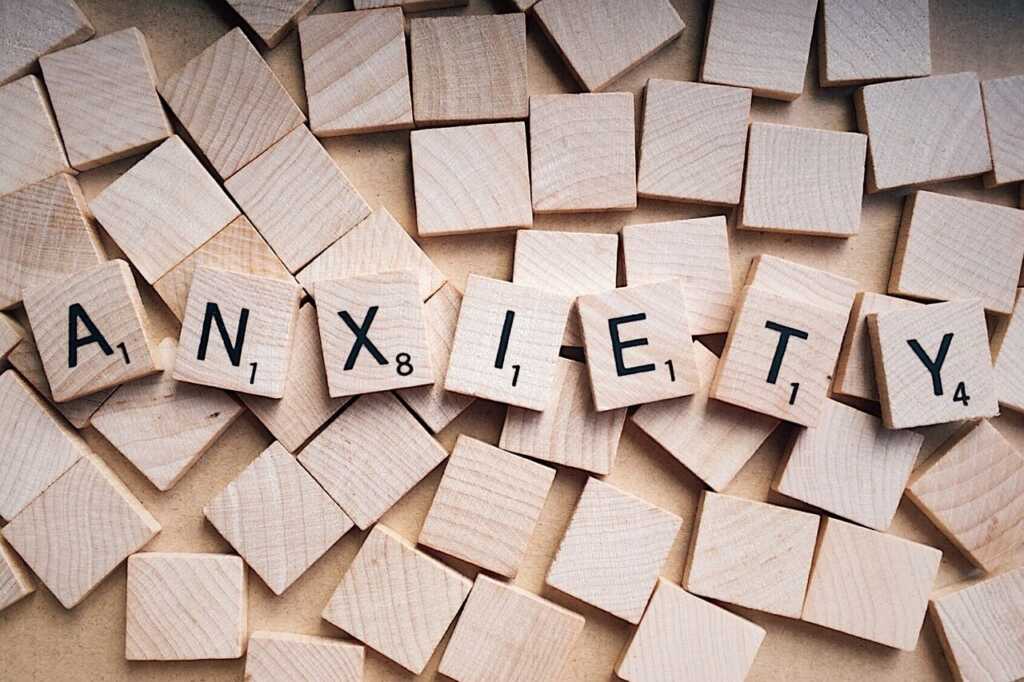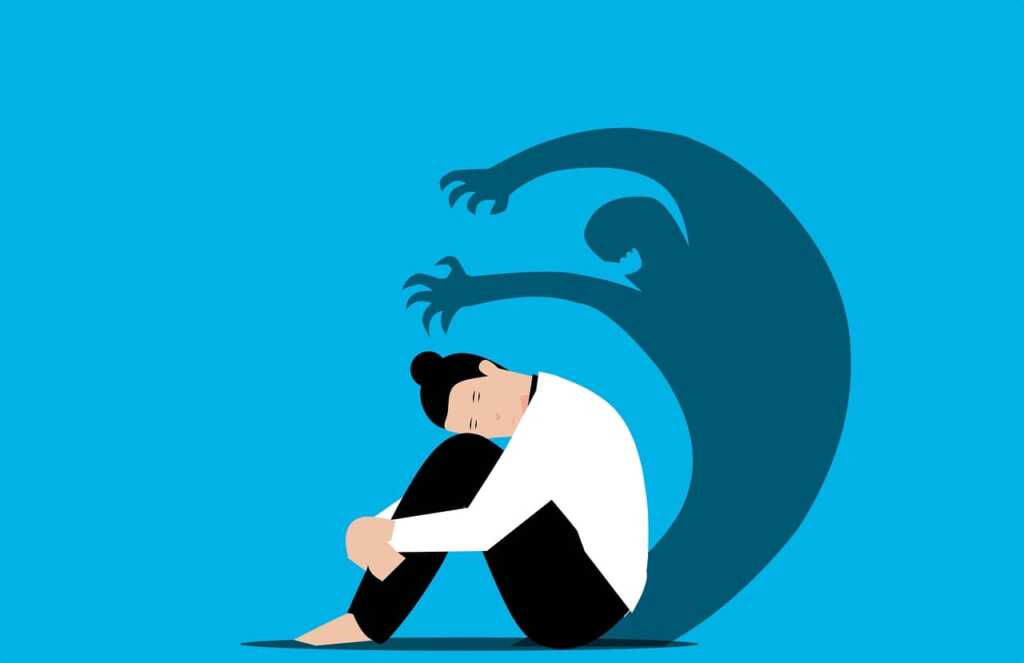Anxiety can be a pervasive force in one’s life, affecting day-to-day activities and overall well-being. In this section, we’ll explore practical strategies for managing anxiety, curated from insights provided by mental health experts. Addressing anxiety is not about eliminating it—rather, the goal is to develop tools and techniques that help you gain control over it and reduce its impact on your life. Through mindful practices, healthy routines, and professional guidance, you can create a supportive framework to navigate through anxious thoughts and feelings.

Establishing a Mindfulness Routine
Mindfulness techniques have gained considerable attention for their effectiveness in managing anxiety. By incorporating a daily practice of mindfulness meditation, individuals can cultivate a heightened awareness of the present moment, which often diminishes the power of anxious thoughts. Begin with short, guided sessions, focusing on deep breathing and the recognition of thoughts without judgment.
Regular mindfulness practice can lead to profound changes over time, as it teaches the brain to stay grounded and decreases the tendency to ruminate on worries. It can be integrated into daily activities, such as mindful eating or mindful walking, encouraging a full sensory experience that anchors the mind in the here and now.
The Role of Nutrition in Anxiety Management
Nutrition plays a crucial role in managing anxiety. Consuming a balanced diet rich in whole foods, lean proteins, and complex carbohydrates can stabilize blood sugar levels and improve mood. It is also important to stay hydrated and limit the intake of alcohol and caffeine, which can trigger or worsen anxiety symptoms.
In addition to regular meals, incorporating anxiety-reducing foods such as fatty fish rich in omega-3 fatty acids, antioxidant-packed berries, or magnesium-rich leafy greens, can contribute to an overall healthier mental state. Eating mindfully with attention to the experience of nourishment further supports a calm mind and body.
You can research different supplements to help manage anxiety, including magnesium, omega-3 fatty acids, and L-theanine. However, it’s important to consult with a healthcare professional before adding any supplements to your routine. From Phenibut powder for sale to herbal remedies, it’s essential to understand potential side effects and interactions with other medications before incorporating them into your anxiety management plan. Not to mention, supplements should not be a replacement for prescribed medication or therapy.
Physical Activity and Anxiety
Physical exertion is a natural and powerful anti-anxiety treatment. It releases endorphins, which are chemicals in the brain that act as natural painkillers and mood elevators. Engaging in consistent exercise routines, whether it be a brisk walk, a yoga session, or a vigorous workout at the gym, can significantly improve anxiety levels.
Exercise provides a structured outlet for dissipating energy, potentially shifting the focus away from anxiety-inducing thoughts. The key is to find a form of exercise that is enjoyable and sustainable, ensuring consistency in the routine. Over time, the mind-body connection becomes stronger, fostering resilience against stress.
Healthy Sleep Habits
Sleep and anxiety have a bidirectional relationship—poor sleep can exacerbate anxiety, and anxiety can make it difficult to get a good night’s rest. Establishing healthy sleep habits, such as sticking to a regular sleep schedule and creating a tranquil bedroom environment, can enhance sleep quality and, in turn, support anxiety management.
Avoiding stimulants like caffeine and electronics before bedtime can also promote better sleep. Including a winding-down routine with activities such as reading or listening to calm music can aid in the transition to sleep, helping the mind to quieten and prepare for rest.
Seeking Professional Guidance
While self-help strategies are valuable, it is often essential to seek professional guidance when managing anxiety. A licensed therapist or counselor can provide individualized techniques and support to help navigate the complexities of anxiety. Cognitive-behavioral therapy (CBT) is particularly effective in altering thought patterns that contribute to anxiety.
Professionals can also assess whether medication might be useful in conjunction with therapy. Individuals must remember that help is available and that reaching out for professional assistance is a courageous and positive step towards managing anxiety and improving quality of life.

In closing, managing anxiety is a multifaceted endeavor that incorporates mindfulness, nutrition, physical activity, sleep, and professional guidance. Each element contributes to a comprehensive strategy that empowers individuals to navigate their anxiety with greater efficacy. When these practices are consistently applied, they can lead to significant improvements in mental health, enhancing resilience and overall quality of life.
It’s important to remember that while the path to managing anxiety is personal and may require trial and error to find what works best, no one is alone in this journey. With the right tools, support, and determination, anxiety can be managed, and a more peaceful state of mind achieved.





